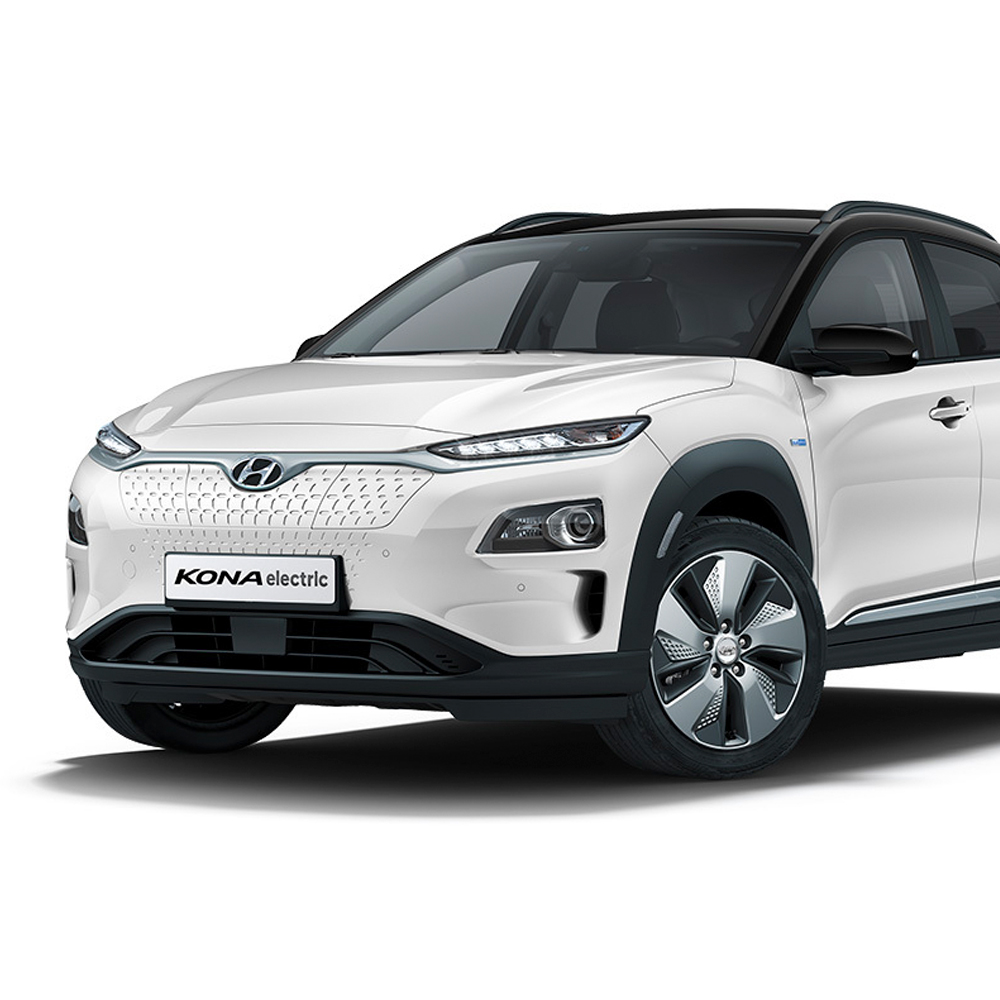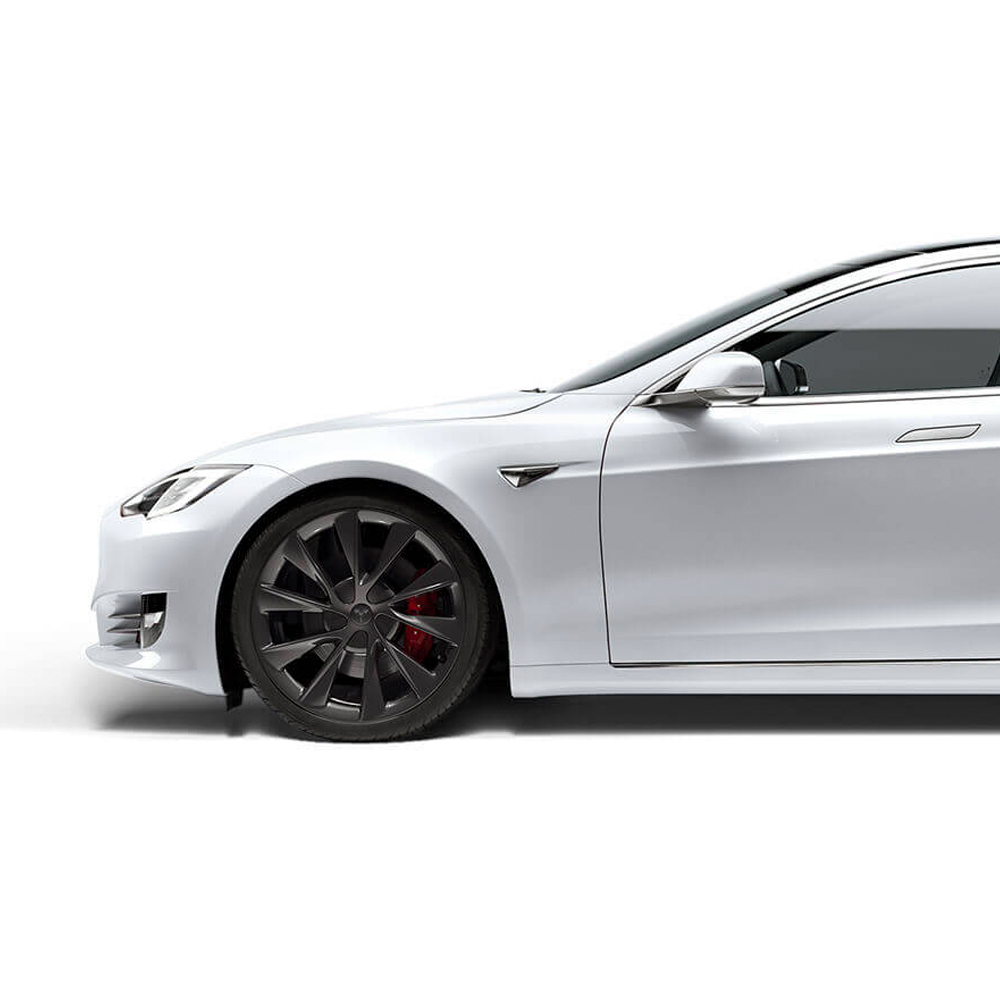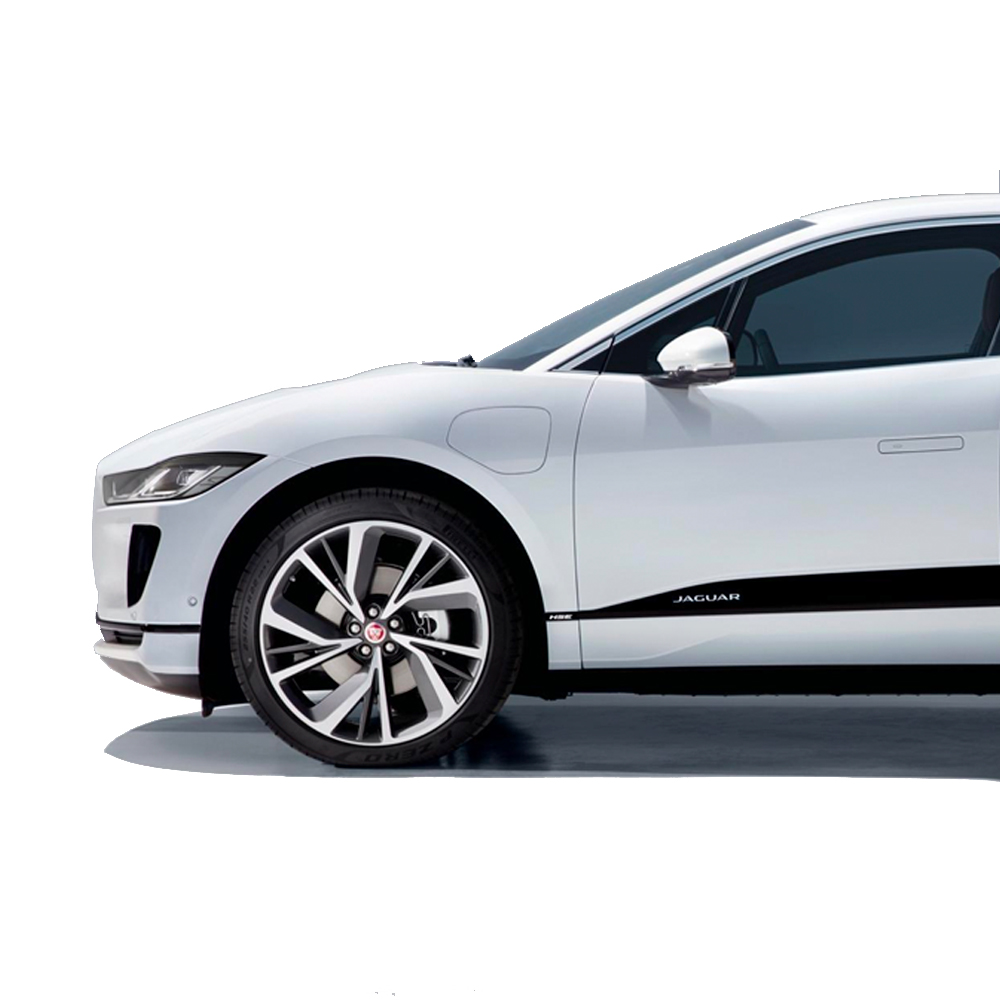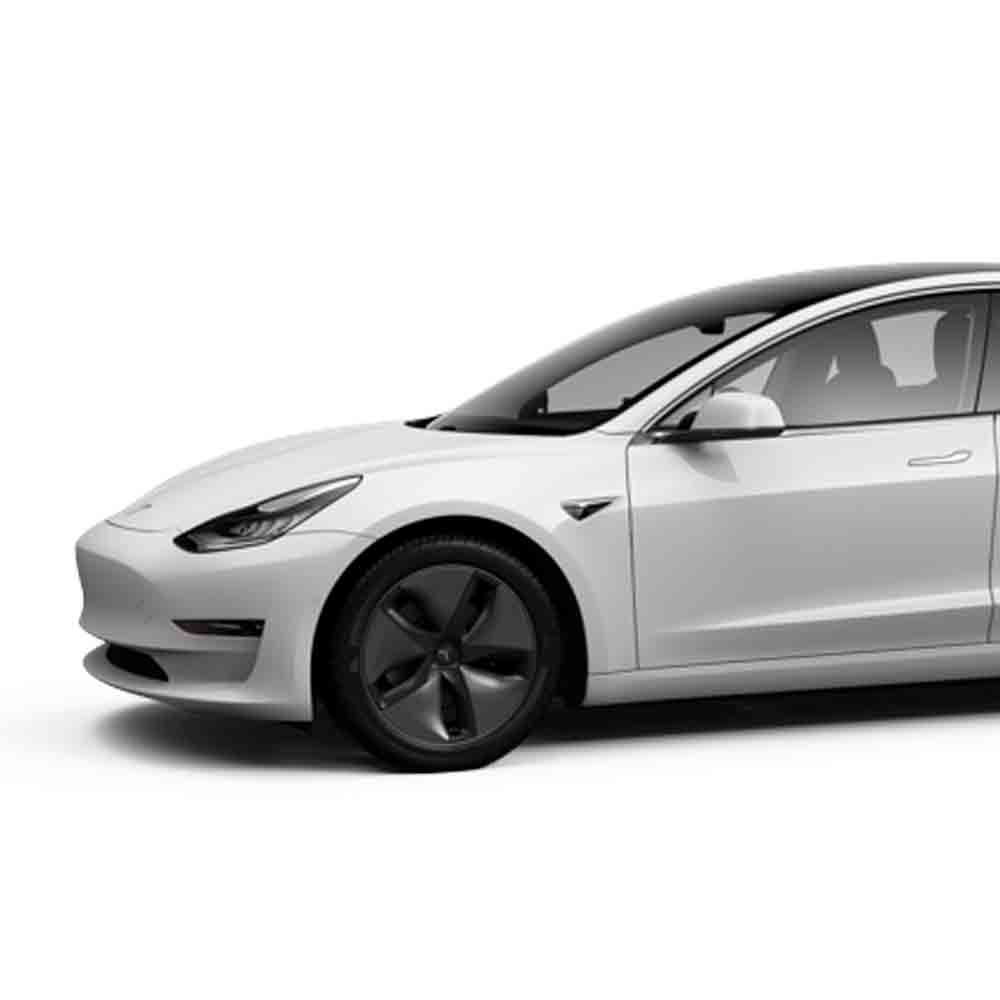OK, so you’ve decided you want to buy an EV (Electric Vehicle), a wise move congratulations but you want to have the best experience from day one, what should you do?
Picking an EV isn’t a simple decision and dramatically varies on your budget and requirements, here are my current favourites:
Hyundai Kona

- 67kWh Battery (64kWh useable)
- CCS 80-100kW rapid charging
- Autopilot Style Software
- Public / Home charging only
- Wifi Connected
- 1/2 the price of the competitors with premium features like Heated and Ventilated Seats / Apple Car Play etc
Tesla Model S

- 75-100kWh battery (72-98kWh useable)
- 120kW rapid charging (Tesla SC / CHAdeMO) - Rumoured to be 150kW+ and CCS soon
- Autopilot Software (with future proofing)
- Supercharger Network with 6 months free & unlimited use
- Wifi + 4G Connected
- Fastest 0-60mph of almost any car ever
Jaguar I-PACE

- 90kWh battery (84.7 kWh useable) however poor efficiency means it's more realistically closer to compare as 60kWh
- 100kW rapid charging CCS
- Autopilot Style Software
- Public / Home charging only
- Wifi + 4G Connected
- Superior handling
Tesla Model 3

- 55-65-75kWh battery (50-62-74 useable)
- 120kW rapid charging (Tesla SC / CCS / CHAdeMO)
- Autopilot Software (with future proofing)
- Supercharger Network with 6 months free & unlimited use
- Wifi + 4G Connected
- ~20% smaller the Model S (superior for UK roads)
- Buy a dedicated home charger and have it professionally installed (~£200-£750 installed)
Without a doubt the best advice you can follow, home charging should be your #1 priority to arrange BEFORE the car arrives.- Most likely you will want a Tethered Type 2 32amp 7kW charger (the most common type of home charger)
- Chargers to consider & that I’d recommend: Pod-Point | Chargemaster | Rolec | Zappi go with the one that you think will look the best on your wall, they’re all very similar in functionality except the Zappi which is superior if you have solar panels).
- See if you can get a free home charger from the car manufacturer (e.g. Renault)
- Remember the OLEV grant can provide up to £500 off the cost price if you buy from an approved supplier.
- For more information + to find trusted installers read this guide (it’s aimed at Tesla cars but it applies to all)
- Sign up & download to the following apps: Electric Highway | Polar Instant | Pod-Point + be ready to download several more if the chargers you need are on a different network.
- Download the following apps + bookmark their websites: PlugShare | Zap-Map
- Bookmark this website: https://abetterrouteplanner.com – Although it’s not needed for most people it’s a useful site if you want to double check you will have enough energy for a long distance trip
- Check you’ve got the right charging cables – Most cars come with a Type 2 Cable
- Swap to a renewable energy provider e.g. Bulb Energy – It will probably cost you a few quid extra a month but it’s worth it even if it’s just to shut up that one person down the pub that complains you’re just moving the problem from the tailpipe to a coal power plant. This app is also useful for similar debates. Remember your energy usage will go up once you start using an EV.
- Optional: Apply for a London Congestion Zone exemption (£10 one-off cost)
- Get insurance quotes sorted
Once the car arrives:
- Go and drive it!
- Register the app so you can start pre-heating the car immediately
- Learn to plug the car in EVERY night
- Understand that wet, cold, windy conditions will lower your range (factor this in when driving), use apps like https://abetterrouteplanner.com if you’re unsure.
- Setup scheduled charging to take advantage of cheap/greener overnight charging
- Check the home charger works
- Consider getting the paint protected
- Consider a dash camera install
- Consider GAP insurance
- Buy a tyre inflation device (most don’t come with a spare tyre) & consider these other accessories
Can I not just use the rapid chargers / public charging?
I mean you can but waking up with a full battery every day is far superior.
Can I use a Tesla supercharger?
If you’re in a Tesla vehicle yes, otherwise no.
How much is it going to cost me each charge?
For this example, lets say you’re on a 12p/kWh home energy tariff. Most car batteries are 30-100kWh however there are some losses in charging efficiency so it’s most likely going to cost you 34-110kWh in energy to charge from 0% so to fully charge an EV it will cost between £4.08-£13.20 (at home) but if you swap to an Economy 7 tariff and you could half that cost.
I don’t have a garage, driveway etc, can I still get a home charger?
Read this Twitter guide:
Let's talk about electric vehicle home charging for those that don't have a garage or driveway. In the UK 34.85% (RAC foundation, 2009) of car owners don't have the privilege of off-street parking and 95% of the time cars are parked doing nothing (Guardian, 2017)… pic.twitter.com/JBRI5DzSDS
— Will Fealey ☀️⚡️🔋🌍🚗🚀 (@WillFealey) November 19, 2018
it's not all bad news as there are quite a few options for councils but the key to success is a combination of all of these: Option 1: Simple & low cost, it provides a trip free way of allowing homeowners to run their charge cable to their car, good for some but not perfect… pic.twitter.com/0nlkhxtqfl
— Will Fealey ☀️⚡️🔋🌍🚗🚀 (@WillFealey) November 19, 2018
Option 3: Destination charging at offices, train stations, gyms, hotels, supermarkets etc (remember 95% of the time a car is parked). Companies like @Tesla will provide discounted chargers for these locations, by 2025 the public will expect chargers like we expect free WI-FI!… pic.twitter.com/v9PvetY3Yc
— Will Fealey ☀️⚡️🔋🌍🚗🚀 (@WillFealey) November 19, 2018
Option 5: Rapid charging hubs situated in key areas around towns, cities & motorways like the ones recently opening in Dundee & Milton Keynes. These must use contactless bank card payments for mass adoption but provide fast charging for those that need it… pic.twitter.com/OGYJhsGZQr
— Will Fealey ☀️⚡️🔋🌍🚗🚀 (@WillFealey) November 19, 2018
